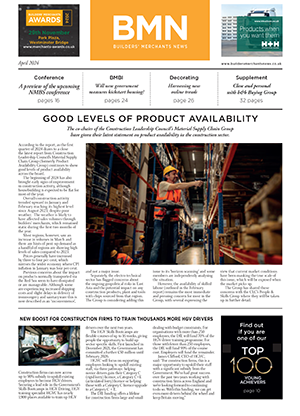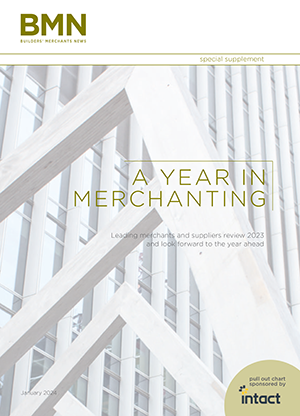NORTHUMBERLAND: Some of the biggest names in the UK timber industry are to meet with the Government’s Independent Panel on Forestry in a bid to ensure commercial interests are recognised as part of future policy for forestry and woodland management.
A team made up of EGGER (UK), James Jones & Sons, BSW Timber and Iggesund Paper Board is to meet with Panel members during their visit to the Kielder Forest in Northumberland on Tuesday (26 July 2011).
Chaired by the Right Reverend James Jones, Bishop of Liverpool, the Panel was established in March 2011 to advise Government on the future direction of forestry and woodland policy in England – and the role of the Forestry Commission in implementing that policy.
The UK’s forestry and timber sector is a substantial contributor to the nation’s economic well being. Recent research shows the industry provides £7.2bn to the UK economy each year and employs more than 170 000 people, with the majority in rural areas.
Speaking on behalf of the industry team, Bob Livesey, managing director of EGGER (UK) said: “First and foremost, the UK timber industry wholeheartedly supports the basic principle of ‘woodland for all’.
“Forests are a national treasure and should be safeguarded as such. But it is also clear that forestry has been a sound investment for this country – and selling timber has been the number one contributor to the Forestry Commission’s finances, supporting jobs and helping it to meet the nation's low carbon economy targets. In order for forestry to be sustainable in the longer-term, commercial interests have to play a significant role in determining its future governance."
He added: “To achieve this, we need to dispel the myth that commercial forestry is represented by mono cultures and single interests. Rather, we are part of a bio-diverse and social woodland environment that has real benefits for all, both now and in the future.”
Among the industry-based issues to be raised at the meeting will be:
- While the size and scope of the forest products industry is vast and has allowed UK manufacturing to grow, the current uncertainty in wood supply is damaging to industry confidence and downstream customers.
- While more than £1.6bn has been invested in sawmills, paper and board mills over the last 15 years, with a further £2bn earmarked for the next 15 years, safeguarding existing jobs and creating more jobs, investment has been built on the basis of sustainable and long-term supply, which needs to continue.
- The importance and interdependency of the industry’s supply chain which uses 100% of the tree.
- How the Forestry Commission can continue to provide a consistent, reliable supply of timber at market price, and how its future financial sustainability can be secured.
- The need for new bio-diverse forests to be created for all stakeholders, including mixed conifer and broadleaves.






